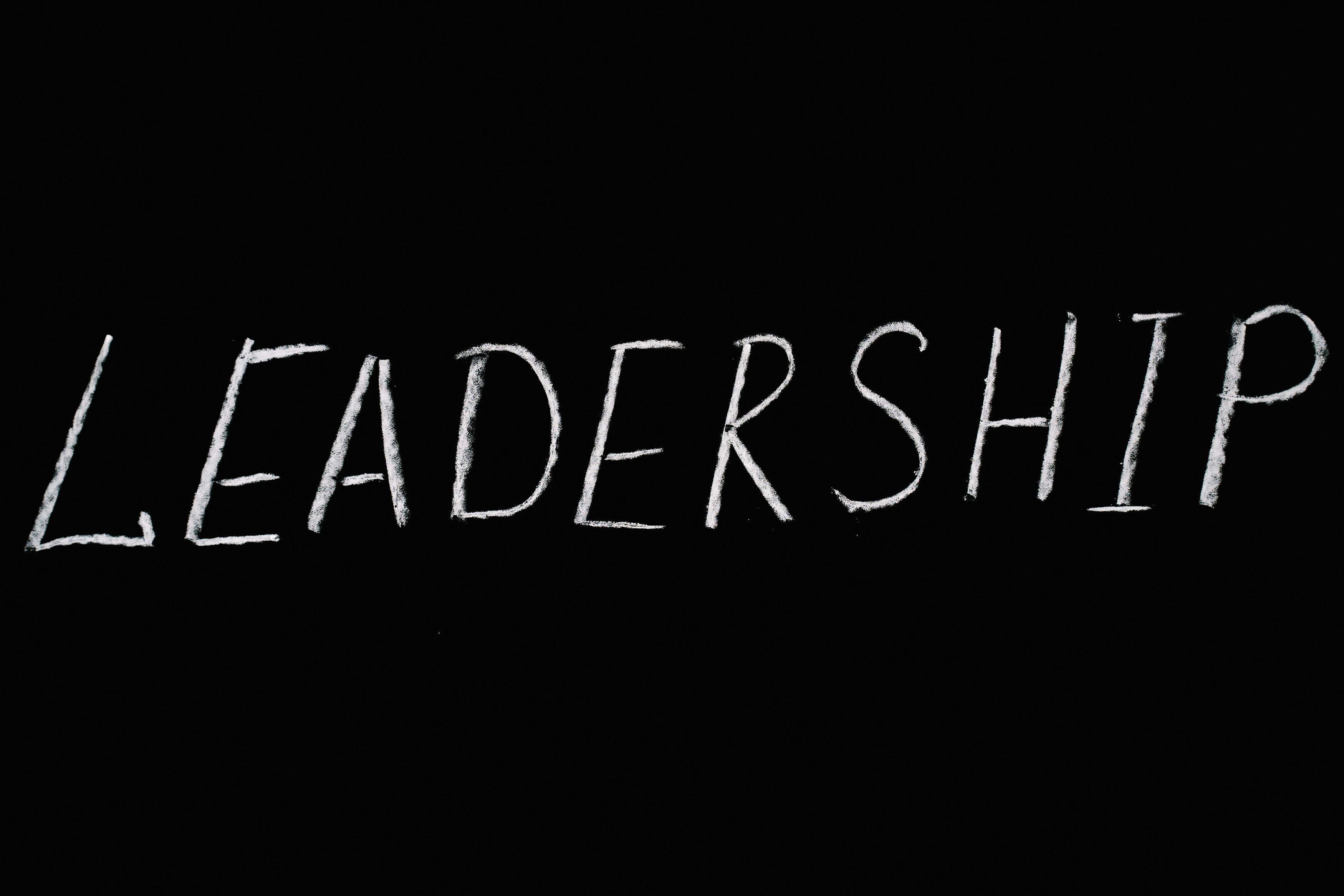The Truth About Personality Tests and Job Performance

Personality tests have become a staple in recruitment and personal development, promising insights into who we are and how we might perform. Yet, beneath their polished exterior lies a complex reality that challenges their reliability and validity.
The Illusion of Stability and Accuracy
One fundamental issue with personality tests is their inconsistency over time. For example, the Myers-Briggs Type Indicator (MBTI), one of the most popular tools, can yield different results for the same individual within months, with a 50% chance of shifting personality categories. This volatility undermines the idea that personality is a fixed trait that can predict future job performance reliably. People evolve, and those with the greatest potential often change the most, making static assessments inherently flawed.
The Problem of “Gaming” and Bias
When personality tests influence hiring decisions, candidates have a strong incentive to tailor their answers to what they believe employers want. This “gaming” can be conscious or unconscious, skewing results and reducing the tests’ validity. Moreover, despite claims of scientific rigor, many personality assessments fail to meet basic standards of reliability and validity, raising questions about their use in high-stakes decisions like recruitment.
Psychometrics vs. Personality Tests: A Crucial Distinction
It is important to differentiate between psychometric tests and personality tests. Psychometric tests are scientifically validated tools designed to measure specific traits or abilities reliably. In contrast, many personality tests found online lack validation and may reflect the creators’ biases rather than objective truths. Even validated psychometric assessments, however, have limited predictive power regarding job performance. Research shows psychometric tests have a predictive validity rate of only about 38%, whereas ability or skills tests reach 54%.
What Really Predicts Performance?
Forbes and SHRM emphasize that traits like conscientiousness—a person’s tendency to be organized, responsible, and hardworking—are better predictors of job success than broad personality categories. Structured interviews and skill-based assessments often provide more actionable insights than personality tests alone.
A Nuanced Approach to Personality Assessments
Personality tests can offer valuable self-awareness and help individuals understand behavioral tendencies. However, as the Psico-smart editorial team notes, these tools should be used judiciously and as part of a broader self-exploration toolkit, not as definitive labels or predictors of future behavior. The key lies in recognizing their limitations and integrating test results with real-world observations and other assessment methods.
Motivational Insight
As management thinker Peter Drucker famously said, “What gets measured gets managed.” But what if what we measure is inherently unstable or misleading? The challenge is to measure wisely and interpret results with humility. In the words of psychologist Carl Jung, whose work inspired MBTI, “The meeting of two personalities is like the contact of two chemical substances: if there is any reaction, both are transformed.” Personality is dynamic, and so must be our approach to understanding it.
In conclusion, while personality tests can illuminate aspects of who we are, they often mislead when used as sole predictors of job performance or potential. Employers and individuals alike should treat these assessments as one piece of a complex puzzle, combining them with skill evaluations, interviews, and ongoing feedback to truly understand and foster human potential.
References
https://www.forbes.com/councils/forbestechcouncil/2025/06/11/from-instinct-to-infrastructure-the-role-of-psychometric-testing-in-performance-marketing-hiring/
https://www.shrm.org/topics-tools/tools/toolkits/screening-means-pre-employment-testing









